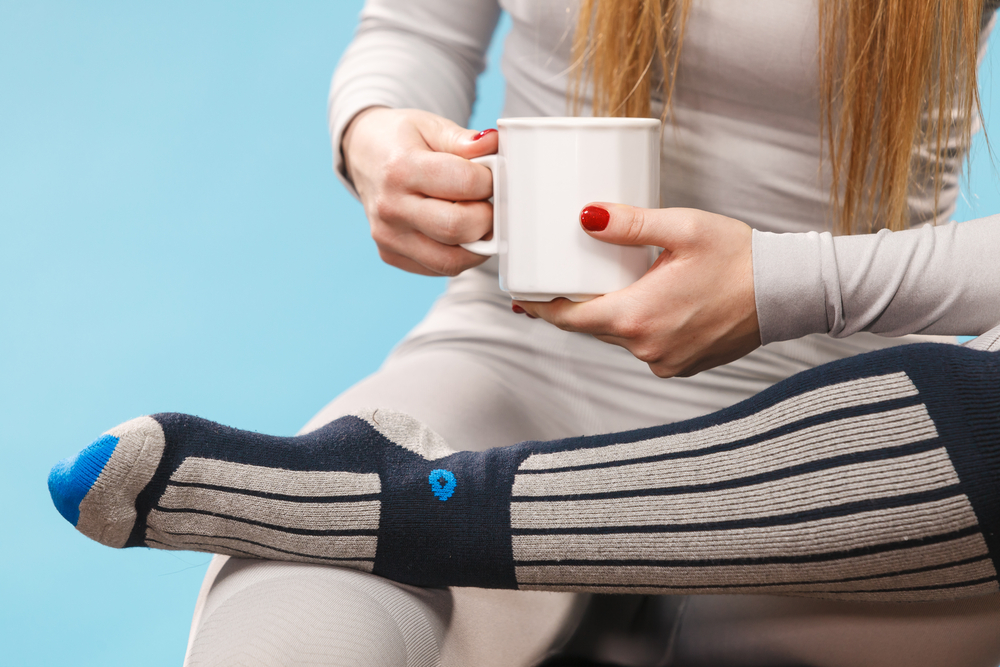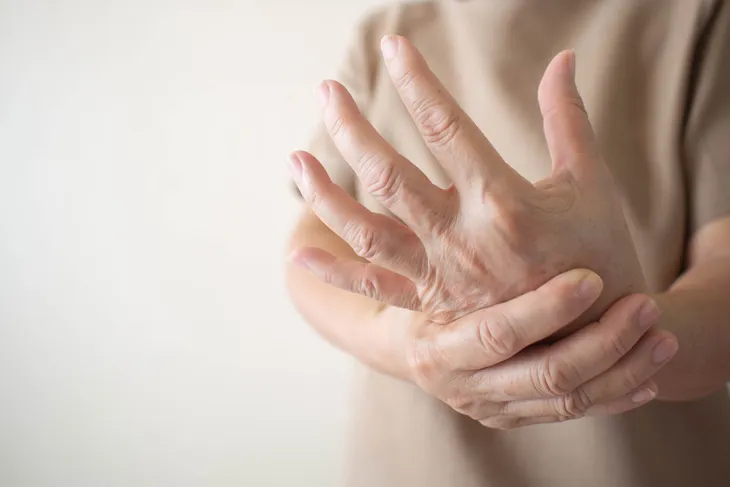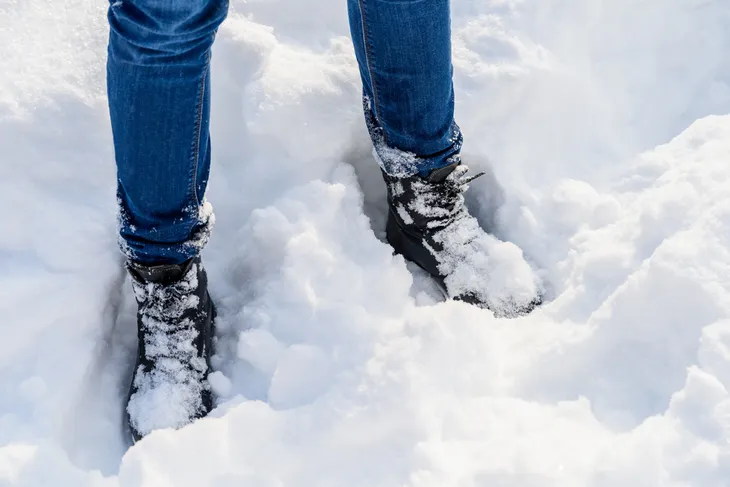Winter is in full swing which means most of us (depending where we live) are bundled up in thick layers of clothing to keep us warm. Those who suffer from gout might also be taking some extra seasonal precautions. As we all know, gout flares often happen at night when the temperature is at its coolest, making it easier for uric acid to crystalize and harden.
If you’re like me, a gout patient for many years now, none of this is new information. You’ve probably already taken advanced steps to ensure a gout attack doesn’t happen. However, if you’re someone who was recently diagnosed, you might be worried what the seasonal changes mean for gout attacks and prevention.
Not to worry! In this article we’ll take a look at the correlation between gout and winter, including whether it affects the frequency of gout attacks, and any preventative measures that can be taken. Check it out…
What is Winter Weather?
The question of what winter weather is very much depends on where a person lives. For some people, this means heavy snow, frigid temperatures, and strong winds. For others, it might just mean a drop in temperature and less sunshine. The time of year when it happens also varies depending on location around the world. In the United States, the winter season officially starts in December and ends in February. While it Canada, freezing temperatures can last well into the spring, extending to the end of March (snow has even been known to make an appearance in May!).
No matter where a person lives, dressing for the weather is imperative, particularly for gout. Winter isn’t the time to sacrifice practicality for fashion!
Winter Weather and Gout
People with arthritis hate tend to dread the winter season, and for good reason! Their pain tends to get worse during this time of year. It’s harder to do even the simplest of tasks. Plus, people might not get the help they need because they’re staying indoors more.
So why does cold weather exacerbate this pain? This is because the drop in pressure associated with cold weather causes the joints to expand, making it painful for the patient. The cold temperature also thickens the synovial fluid which is supposed to act as a shock absorber for the joints. As a result, the joints become stiffer and more prone to pain.
In addition, winter impacts the DNA in a way that makes the pain in inflammatory conditions much worse. In one study, they found that genes associated with inflammation increase during the winter.
How to Manage Gout Symptoms During Winter Season
Utilize Your Heater
Winter is not the time to skimp on electricity and heat. A person with gout should ensure they are warm at all times. Temperatures can quickly drop during the winter and it won’t be fun having to wait for the room to heat up every time the weather gets a little cold!
Wear Extra Layers of Clothing
The electric bill for heating can easily get high during the winter. To save money, wear extra layers of clothing to ensure that you’re warm. Pay special attention to your feet as this is the lowest part of your body where uric acid tends to accumulate and harden. You’ll want to wear thick socks, so they remain warm, especially at night.
Bundle Up When Going Out
Try to avoid going out during the winter season. But if heading outdoors, make sure to bundle up. This means thick socks, boots, jacket, pants, a winter hat, and earmuffs. You might also want to layer up with a vest.
This will ensure the middle part of your body is always warm, making it easier for the rest of your body to stay warm.
Drinks Warm Beverages
Another way to ensure warmth is by drinking warm and hot drinks like tea or coffee. This will raise your body temperature, helping to avoid those uric acid crystals from hardening.
Have a Warm Shower or Bath
Take a warm or hot bath in the winter is a great way to warm up and ease any symptoms associated with gout. This is the best time to utilize hot water for heat therapy.
Stay Active
Winter may be associated with hibernation, but it doesn’t mean you should be sedentary all season. Try to stay active even during the cooler months. You don’t have to head outdoors to be active, there are plenty of workouts that can be done within the comfort of your own home. (Here are some Exercise Tips to Help Manage Gout).
You may not have access to the gym, but you can do certain exercises without the need for any equipment. Start with gentle exercises and slowly build up the intensity from there.
Wear Footwear with Traction
One of the most dreaded aspects about winter in areas where there is snow and ice is the fact that it can make getting around much more difficult. This goes for both driving and walking. It’s easy to slip and fall during the slippery winter months. To avoid any unwanted accidents, invest in a good pair of winter boots that have traction and stability.
This will help prevent any injuries from falls. If you need even more help to remain stable, don’t be afraid to use a trekking pole, cane, or walking. There’s no shame in using these devices if it means avoiding an injury.
Move Somewhere Warm
It is very common for folks to move somewhere warm while waiting for winter to pass. These people are called “snowbirds.” If you have a destination in mind, make a plan and move there until the season is over. This is not just good for your gout — it might even help manage stress levels as well.
A lack of sun during the winter can make a person deficient in vitamin D which can be related to mood disorders like anxiety and depression.
Take Vitamin D
Speaking of vitamin D, you’ll want to supplement with this vitamin during the winter months because it can help better manage gout. Studies have shown that a vitamin D deficiency can make rheumatic arthritic conditions worse. A deficiency in this vitamin also makes a person more sensitive to pain. Do your joints a favor and consume at least 600 IU of vitamin D a day.
What is the winter weather like in your area? And how do you cope with it when you have gout? Share your thoughts in the comments below.














